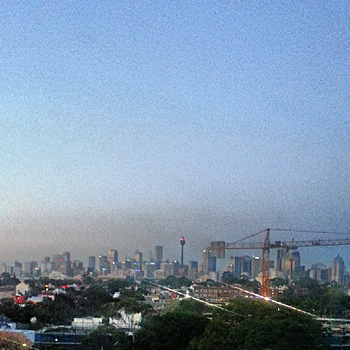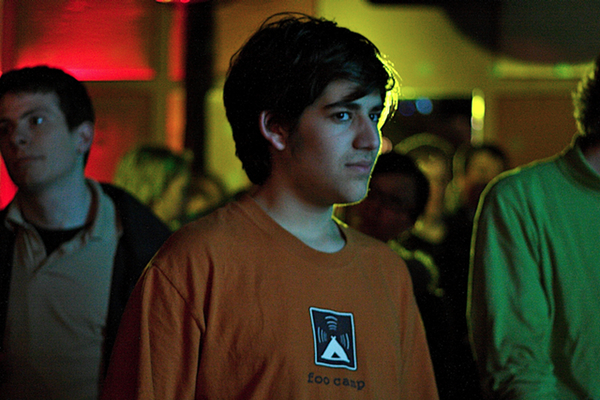 My week Monday 27 May to Sunday 2 June 2013 was rather different from how I first imagined it.
My week Monday 27 May to Sunday 2 June 2013 was rather different from how I first imagined it.
I ended up spending much of it in Sydney, covering the CeBit Cyber Security conference and recording all manner of conversations — the results of the latter to appear over the coming weeks.
Articles
- Security goes military at CeBIT, iTnews, 30 May 2013.
- Australia, your lack of cyber transparency disturbs me, ZDNet Australia, 31 May 2013.
Media Appearances
- On Tuesday morning I spoke about the National Broadband Network (NBN) on Radio Adelaide’s breakfast program.
- On Tuesday evening I spoke about the alleged Chinese hack of ASIO on the BBC World Service program World Have Your Say.
Corporate Largesse
- On Tuesday I covered the CeBit Cyber Security conference, so as usual with such things there was food and drink.
- On Wednesday I had lunch at the Customs House Bar with some folks from Sourcefire, and they paid.
- On Wednesday night I was a guest of Kaspersky Lab at their dinner with Eugene Kaspersky at Aqua at Milsons Point. There was fine food and drink, a water taxi there and a Cabcharge voucher for the ride back.
The Week Ahead
Since it’s already quite late on Wednesday afternoon, all I’ll say is that I plan to head down to Sydney tomorrow, Thursday, for an interview recording — at least once I’ve got my ZDNet Australia column out of the way — and what happens for the rest of the week and the annoyingly-positioned long weekend will then depend upon circumstances.
And that’s not all I’m annoyed about.
[Photo: Night falls over Sydney, looking towards the CBD from Camperdown on 29 May 2013.]


 By the time I got to doing my third radio spot about the Instagram saga, the issues were clear in my mind and I had a few well-rehearsed sound bites. So my final spot on
By the time I got to doing my third radio spot about the Instagram saga, the issues were clear in my mind and I had a few well-rehearsed sound bites. So my final spot on  Milorad “Michael” Trkulja’s defamation case against Google was also the topic for my regular spot on
Milorad “Michael” Trkulja’s defamation case against Google was also the topic for my regular spot on